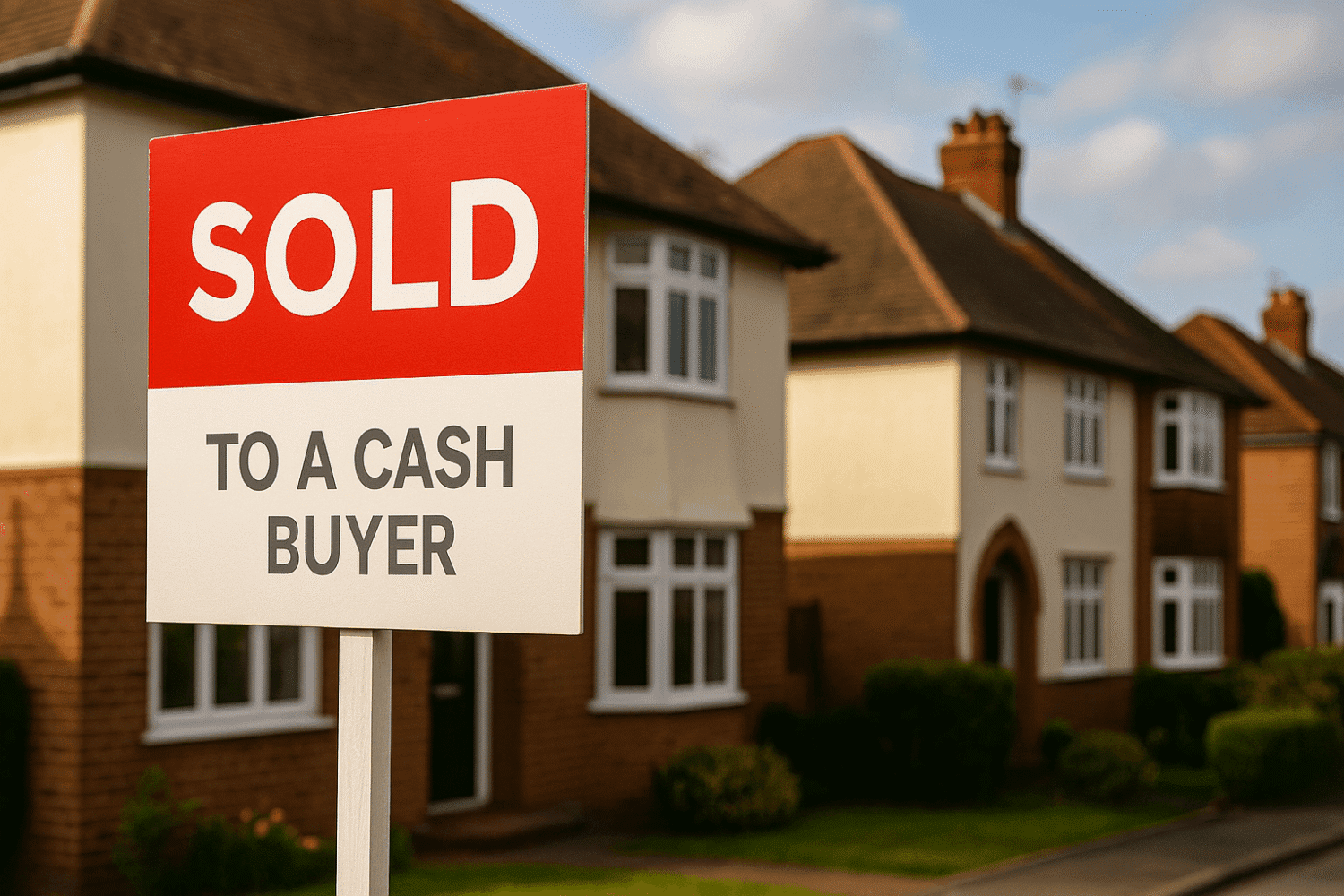Selling your home and moving to a new one can be an exciting but challenging process, especially in Scotland, where the home-selling process differs slightly from other parts of the UK. While many people focus on the sale price of their property and the cost of buying a new home, the total expenses involved in selling and moving can add up quickly.
In this guide, we’ll provide a comprehensive breakdown of the true costs of moving house when selling in Scotland, with tips to help you plan and budget effectively.
1. Estate Agent Fees
One of the largest costs when selling a home is the fee paid to your estate agent. In Scotland, estate agent fees are typically charged as a percentage of the final sale price, usually between 0.75% and 3%.
For example, if your home sells for £250,000 and your agent charges 2%, you would need to pay £5,000 in estate agent fees. While it may be tempting to go for a cheaper agent, it’s important to consider that a higher-quality agent could achieve a quicker sale or a better sale price, which could offset their higher fee.
Ways to Reduce Agent Fees:
- Negotiate with the estate agent to lower their percentage.
- Consider using online or hybrid agents, who often charge a flat fee instead.
2. Conveyancing Fees
Conveyancing is the legal process of transferring ownership of the property. In Scotland, solicitors handle this process, and their fees can vary depending on the complexity of the sale.
For sellers, conveyancing fees generally range between £500 and £1,500, which will cover things like legal paperwork, searches, and registration of title. It’s important to shop around for quotes from different solicitors to get the best deal.
3. Home Report Costs (Unique to Scotland)
One of the unique aspects of selling a property in Scotland is the requirement for a Home Report, which consists of three parts: a Single Survey, an Energy Performance Certificate (EPC), and a Property Questionnaire.
The Home Report gives potential buyers important information about the condition and value of the property and is required by law before you can market your home. The cost of a Home Report varies based on the size and type of your property but typically ranges from £350 to £800.
It’s important to note that if your property takes a long time to sell, you may need to update the Home Report, which could incur additional costs.
4. Mortgage Exit Fees
If you still have an outstanding mortgage on the property you are selling, you may need to pay mortgage exit fees or early repayment charges (ERCs). These fees apply if you are breaking out of your mortgage term early, especially if you are on a fixed-rate deal.
ERCs can range from 1% to 5% of your remaining mortgage balance. For example, if you have £150,000 left on your mortgage and your ERC is 2%, you’ll owe £3,000 in early repayment charges. Check with your mortgage provider before selling to understand any penalties.
5. Home Staging & Repair Costs
Before listing your property for sale, you may need to invest in repairs, renovations, or even home staging to make your home more attractive to potential buyers. Making your home look its best can help it sell faster and possibly for a higher price.
Common costs include:
- Painting and decorating: £500 to £2,000.
- Minor repairs (such as fixing plumbing or electrical issues): £200 to £5,000.
- Home staging: Hiring a professional to stage your home can cost between £1,000 and £3,000, depending on the property size.
Investing in repairs and staging can improve the first impression your property makes, but it’s important to balance these costs against your expected sale price.
6. Removal and Moving Costs
The actual process of moving from one house to another comes with its own set of expenses. Whether you hire professional movers or rent a van to move your belongings, the cost can vary based on the size of your move and the distance to your new property.
Professional removal companies typically charge between £500 and £2,500, depending on factors such as:
- Distance between the old and new homes.
- Size of the move (number of belongings).
- Additional services (such as packing and unpacking).
You may also need to account for storage costs if there’s a delay between selling your current home and moving into your new one.
Tips to Save on Moving Costs:
- Move mid-week or during off-peak times to get lower rates from removal companies.
- Declutter before the move to reduce the volume of items, which could lower your removal costs.
7. Capital Gains Tax (CGT)
If you are selling a second property (such as a buy-to-let or holiday home), you may need to pay Capital Gains Tax (CGT) on the profit made from the sale. CGT doesn’t typically apply to your primary residence due to the principal private residence exemption.
In the UK, the CGT rate on residential property is 18% for basic-rate taxpayers and 28% for higher-rate taxpayers. If CGT applies, be sure to consult a tax advisor to understand your liability and explore any ways to minimise the tax owed.
8. Repaying Any Outstanding Debts or Loans
If you have secured loans or debts tied to your property, such as a home equity loan, these will need to be paid off when you sell the property. Additionally, any liens or debts attached to the property must be cleared before the sale can go through.
Make sure to factor these repayments into your budget to avoid last-minute surprises.
9. Costs of Buying a New Property
While this article focuses on selling costs, it’s important to also budget for the expenses involved in buying your next home. These include:
- Stamp Duty (known as Land and Buildings Transaction Tax in Scotland).
- Conveyancing fees for the purchase.
- Surveys and valuations, if applicable.
- Mortgage arrangement fees, if you’re securing a new mortgage.
Planning for these costs in advance ensures a smoother transition between selling and moving into your new home.
Conclusion: Budgeting for the True Costs of Selling and Moving
Selling a home and moving comes with various expenses that can add up quickly. From estate agent fees and conveyancing costs to removal expenses and mortgage exit fees, it’s essential to plan and budget for all the costs involved to avoid financial surprises.
Key tips for managing your moving costs:
- Plan ahead: Create a comprehensive budget that includes all potential costs.
- Shop around: Get multiple quotes for estate agents, solicitors, and removal companies to ensure you get the best deal.
- Negotiate: Don’t hesitate to negotiate fees, whether with your estate agent, solicitor, or removal company.
By understanding the true costs of selling your home in Scotland and moving, you’ll be better prepared to navigate the process smoothly, ensuring a successful sale and move to your next property.
With careful planning and budgeting, you can make your move with confidence, knowing you’ve accounted for all the expenses along the way.





